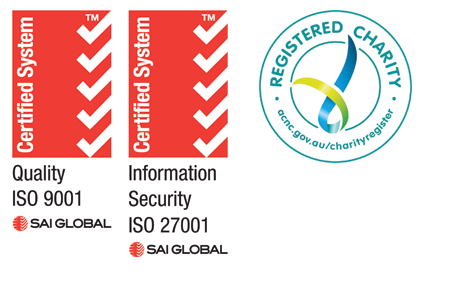Building a better eReferral System
By Andrew Masterson
In 2024-25 NWMPHN led the National Mental Health eReferral Prototype Project, which set out to transform the mental health referral process by delivering a nationally scalable, digitally integrated referral solution that improves efficiency, enhances user experience, and enables seamless interoperability between health care systems.
The project responded to long-standing challenges in manual referral workflows, disconnected systems, and the limited visibility between general practice and mental health intake teams.
The work delivered benefits across the board. For GPs and other referrers, the process of linking a patient or client suffering from mental ill health with appropriate support was made easier.
Mental health service providers, at the other end of the pathway, were presented with clear and standardised clinical information, allowing a more straightforward approach to treatment.
And for the clients themselves, the system ensured that their referral proceeded rapidly without the need for them to repeat their stories at each stage.
A core strength of the project was the strategic collaboration between multiple primary health networks, HealthLink, intake teams, service providers and national advisory bodies.
A project advisory group and an expert advisory committee ensured a diverse clinical, technical, and operational perspectives was embedded into every phase of the project. This resulted in a solution grounded in real-world service delivery, positioned for future national implementation.
The new system underwent alpha and beta testing – involving three and 12 PHNs respectively. This allowed for early testing, iterative improvements, and practical insights into system performance.
Evaluation through surveys and interviews with GPs and intake teams demonstrated clear efficiency gains, and a reduced administrative burden.
They revealed positive user sentiment, particularly around automation, referral tracking, and integration into existing workflows. Intake staff reported strong time savings, while GPs valued improved transparency into referral outcomes.
Ultimately, the project demonstrated the power of national sector collaboration to address complex health system challenges. It delivered not only immediate value to PHNs, GPs, and mental health services, but also laid the groundwork for a connected, digitally enabled mental health ecosystem that improves access, drives consistency, and supports better outcomes for consumers across Australia



